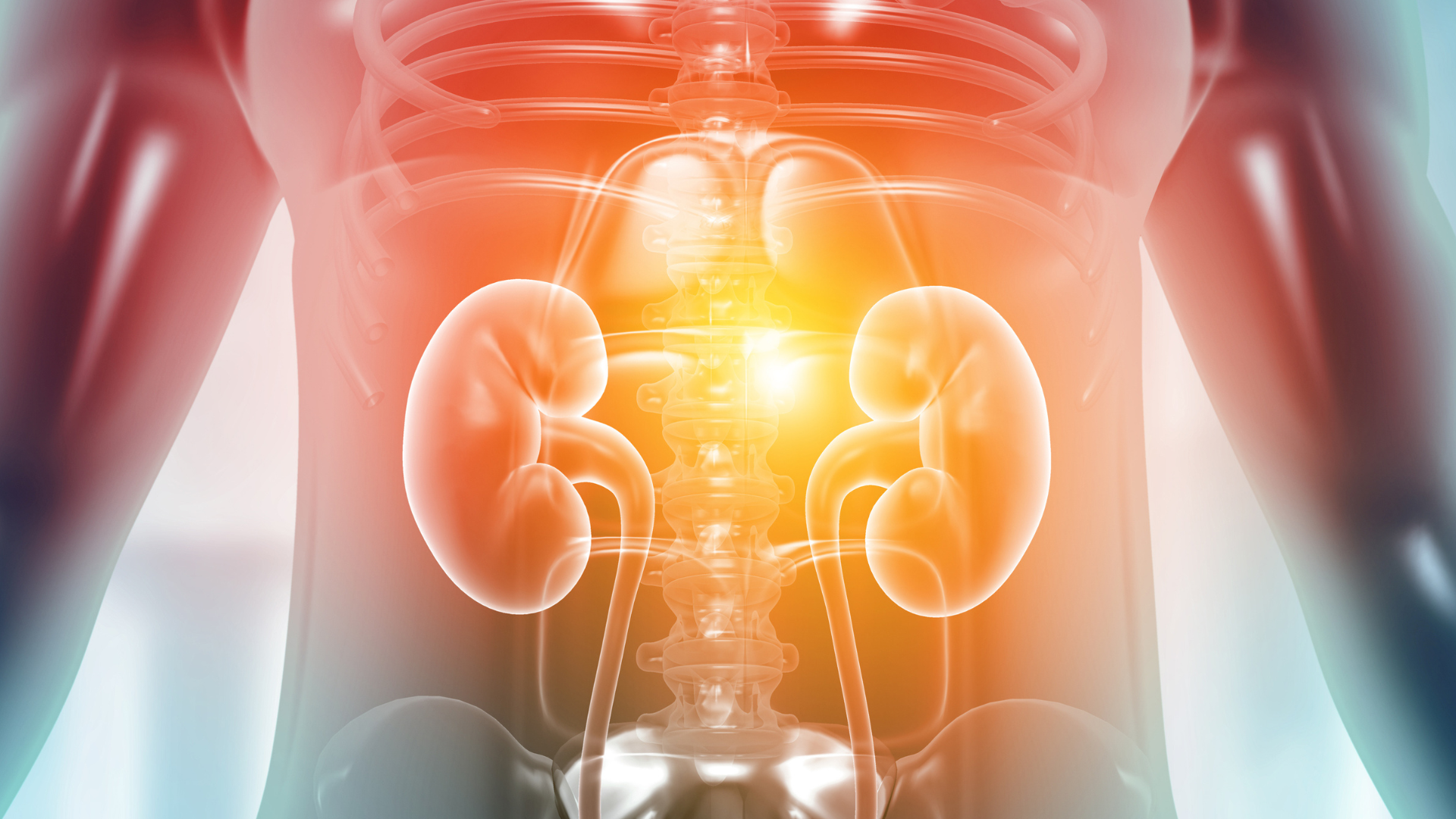As one of the most vital organs in the human body, the kidneys perform a range of critical functions. They filter the blood, regulate blood pressure, produce hormones that control red blood cell production, and keep the body’s electrolyte levels balanced. Despite their importance, many people take their kidney health for granted and only think about their kidneys when they experience symptoms such as pain, swelling, or difficulty urinating. However, early detection and prevention are key to maintaining optimal kidney health. In this blog post, we will discuss why monitoring your kidney health is important, and provide a top 10 list of ways to promote kidney health.
1. Chronic Kidney Disease is a Silent Killer
Chronic kidney disease (CKD) is a progressive condition that causes damage to the kidneys over time, and often has no symptoms in its early stages. This means that many people are not aware that they have CKD until it has progressed to a more advanced stage, when the damage is irreversible. According to the National Kidney Foundation, one in three American adults is at risk for developing kidney disease. Monitoring your kidney health regularly can help identify CKD early on, when treatment is most effective.
2. High Blood Pressure and Diabetes are Major Risk Factors for Kidney Disease
According to the Centers for Disease Control and Prevention, diabetes and high blood pressure are the leading causes of kidney failure in the United States, accounting for 3 out of 4 new cases. This is because high blood sugar levels can cause damage to the small blood vessels in the kidneys, leading to reduced kidney function over time. Similarly, high blood pressure can damage the blood vessels in the kidneys, reducing their ability to filter waste from the blood. Monitoring blood pressure and blood sugar levels regularly can help prevent kidney damage and identify CKD early on.
3. Kidney Stones are More Common Than You Might Think
Kidney stones are small, hard mineral deposits that form in the kidneys and can cause severe pain when they pass through the urinary tract. They are more common in people who are dehydrated, have a family history of kidney stones, or have certain medical conditions. While most kidney stones pass through the urinary tract without causing any permanent damage, some can cause scarring or damage to the kidneys if left untreated. Drinking plenty of water and monitoring your urine for signs of kidney stones can help prevent kidney damage from this condition.
4. Certain Medications can Harm the Kidneys
Some medications, such as nonsteroidal anti-inflammatory drugs (NSAIDs), can harm the kidneys when taken in high doses or over a long period of time. This is because they can reduce blood flow to the kidneys, leading to kidney damage or even kidney failure. Other medications, such as some antibiotics and chemotherapy drugs, can also be harmful to the kidneys. If you are taking any medications that may harm the kidneys, it is important to monitor your kidney function regularly with the help of your healthcare provider.
5. Smoking can Damage the Kidneys
Smoking can damage the blood vessels in the kidneys, reducing their ability to function properly. It can also increase the risk of developing kidney cancer. Quitting smoking and avoiding exposure to secondhand smoke can help protect the kidneys and promote overall health.
6. Diet and Exercise are Key to Kidney Health
Maintaining a healthy diet and a regular exercise routine is important for overall health, including kidney health. Eating a diet rich in whole grains, fruits and vegetables, and low-fat or fat-free dairy products, and that is low in salt, saturated fats, and added sugars, can help reduce the risk of high blood pressure and diabetes, two major risk factors for kidney disease. Regular exercise can also help reduce the risk of high blood pressure and manage your blood sugar levels.
7. Dehydration Can Damage the Kidneys
Dehydration can cause kidney damage by reducing blood flow to the kidneys and making it more difficult for them to filter waste from the blood. It can also lead to the formation of kidney stones and increase the risk of urinary tract infections, which can lead to kidney damage if not treated quickly. Drinking plenty of water and staying hydrated can help prevent dehydration and protect the kidneys.
8. Regular Check-Ups Can Help Detect Kidney Disease Early
Regular check-ups with your healthcare provider can help detect kidney disease early, before it causes significant damage. Your healthcare provider can perform simple tests to measure your kidney function and identify any signs of kidney disease. This is especially important if you have any risk factors for kidney disease, such as high blood pressure or diabetes.
9. Genetic Factors Can Increase the Risk of Kidney Disease
Some genetic factors can increase the risk of kidney disease. For example, certain inherited conditions, such as polycystic kidney disease (PKD), can cause cysts to form in the kidneys, leading to reduced kidney function over time. If you have a family history of kidney disease or a known genetic risk factor, it is important to discuss this with your healthcare provider and consider genetic testing.
10. Stress Management is Important for Kidney Health
Stress can have a negative impact on many aspects of health, including kidney health. High levels of stress can increase blood pressure and cause hormonal changes that can damage the kidneys over time. Practicing stress management techniques, such as meditation, yoga, or deep breathing exercises, can help reduce stress and promote kidney health.
In conclusion, monitoring your kidney health is important for maintaining overall health and preventing kidney disease. There are many simple steps you can take to promote kidney health, including maintaining a healthy diet and exercise routine, staying hydrated, avoiding smoking, and getting regular check-ups with your healthcare provider. By taking these steps, testing regularly with Cue, and being proactive about your kidney health, you can reduce your risk of kidney disease and enjoy optimal health for years to come.
This information is presented in summary form, general in nature, and for informational purposes only. Content is not intended nor recommended to substitute for professional medical advice. For personal medical advice, always consult your doctor or other qualified healthcare professional. The tests offered are subject to change and subject to availability. Due to state restrictions, this Cue Product is not available for individuals located in the state of New York. Other state restrictions may apply for specific tests. Please refer to our support page for detailed product terms and conditions.
References:
- https://www.kidney.org/atoz/content/about-chronic-kidney-disease
- https://www.cdc.gov/kidneydisease/basics.html
- https://www.mayoclinic.org/diseases-conditions/kidney-stones/symptoms-causes/syc-20355755
- https://www.kidney.org/atoz/content/painmeds_analgesics
- https://www.kidney.org/atoz/content/smoking
- https://www.cdc.gov/tobacco/quit_smoking/how_to_quit/benefits/index.htm
- https://www.kidney.org/atoz/content/diet
- https://www.kidney.org/newsletter/can-dehydration-affect-your-kidneys
- https://www.mayoclinic.org/diseases-conditions/polycystic-kidney-disease/symptoms-causes/syc-20352820



